UN Must Take Bold Steps for Sustainable Future
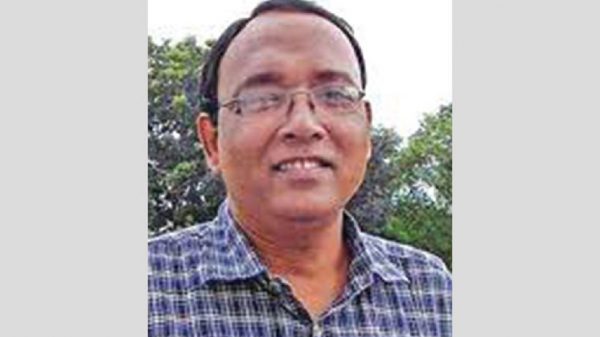
Hiren Pandit :
Prime Minister Sheikh Hasina has called upon world leaders to take immediate, courageous, and vigorous steps to address the state of emergency through an “overall global” initiative to leave a sustainable future for the next generation. She made the call at a closed-door meeting of leaders at the United Nations in New York on September 20, to address the adverse effects of climate change. She made six recommendations in this regard at the meeting. The meeting was co-hosted by the Prime Minister of the United Kingdom Boris Johnson and the Secretary-General of the United Nations António Guterres.
In her proposal, Sheikh Hasina called for strict implementation of the Paris Agreement to keep global warming below 1.5 degrees Celsius. She also called for $100 billion in annual climate funding from developed countries. Fifty percent of this fund will have to be used for adaptation and resilience, especially in climate-risk countries.
Highlighting the need for new financial processes and the transfer of green technology to developing countries, the Prime Minister called for tackling the problem of losses and erosion due to climate change, as well as displacement of large populations. She said assistance was needed to increase the capacity of CVF countries, especially those affected by the increased frequency of climate-related disasters, to deal with the dual dangers of epidemics and disasters. Sheikh Hasina said the international community has a special responsibility to assist countries at risk of climate change in their adaptation and mitigation efforts. Highlighting the adverse effects of climate change, she said climate-risk countries contribute the least to global greenhouse gas emissions, but they suffer the most. Referring to the recent IPCC report, the Prime Minister said it paints a grim picture of the future. Because the global temperature goes above 1.5 degrees Celsius, they will face permanent losses.
Referring to her government’s role in tackling climate change, she said Bangladesh has emerged as a global pioneer in adaptation and resilience. Noting that Bangladesh has recently submitted an ambitious and updated NDC to the UNFCCC, she said the government has adopted the ‘Mujib Climate Prosperity Plan’ focusing on green growth, resilient infrastructure, and renewable energy. She made it clear that the government has moved from climate risk to climate resilience and from that to climate prosperity.
The Prime Minister said the main goal of her government as chair of the Climate Vulnerable Forum (CVF) and V20 was to protect the interests of countries at risk of climate change. She added that Bangladesh is sharing the best practice and adaptation knowledge with other climate risk countries through the GCA South Asia Regional Office in Dhaka.
The 76th session of the UN General Assembly raised six issues, including the elimination of global ‘vaccine inequality’. In the context of COVID-19, the theme of this year’s general debate was to build resilience, sustainably rebuild, respond to planetary needs, respect human rights, and revive the United Nations in anticipation of recovery from COVID-19. With this in mind, various high-level meetings have been held in this session of the General Assembly.
First, a large part of this session was about tackling COVID-19 and the subsequent sustainable recovery and reconstruction to get rid of COVID-19. Second, the response to climate change and recovery is one of the conditions for sustainable recovery after the COVID-19, so the issue of climate change has also gained prominence in the General Assembly. The world leaders also discussed this in this year’s General Assembly session so that the world can get a specific action plan. In the meantime, a joint initiative of the UN Secretary-General and the British Prime Minister has been convened to hold a meeting with the countries playing a role in climate change.
Third, the progress made in achieving the Sustainable Development Goals has been severely hampered by the COVID-19. To overcome this loss, world leaders collectively discussed sustainable construction. Based on each of the goals and objectives of the SDGs, the issue of COVID-19’s subsequent recovery is therefore predominant in this session.
Fourth, a meeting titled UN Food Systems Summit was held at this year’s General Assembly. The main objective of the meeting was to accelerate the achievement of the Sustainable Development Goals by exploiting the interrelationships of the global food system with global challenges such as hunger, climate change, poverty, and inequality.
Fifth, in the time of COVID-19, we have noticed that intolerance, inequality, etc. have increased alarmingly in different parts of the world. Sustainable recovery is never possible with such divisions. So, this issue has also come up for discussion in this session. The issue of sustainable recovery based on equality, forgetting caste discrimination and racial segregation, has come to the fore in this high-level meeting, and Sixth, as always, disarmament has been seriously discussed.
She participated in a high-level side event organized by the Prime Minister of Bangladesh titled ‘Rohingya Crisis: Obligation for a Sustainable Solution’. In addition to Bangladesh, Gambia, Indonesia, Saudi Arabia, Turkey, the United Kingdom, the European Union, and the OIC co-hosted the event. Addressing a high-level meeting titled UN Food Systems Summit, the Prime Minister said Bangladesh has achieved significant success in the food sector. Attending the meeting, the Prime Minister called upon the world leaders to build strong partnerships between the various stakeholders in the areas of technical cooperation, agricultural research, and development, sustainable production, food distribution, and storage.
Bangladesh’s efforts in establishing a peaceful and humane world, leading a wide range of issues including migration, climate change, food security, ensuring quality education, peacekeeping operations, and Bangladesh’s success as an emerging economy are well known today. Following this, the participation of a high-level delegation led by the Hon’ble Prime Minister in this session of the UN General Assembly has further enhanced Bangladesh’s strong foothold in the Multilateral Forum.
The Prime Minister noted, “Since we have already entered the Delivery and Action of Agenda, the targets seem to be far away.” “Even before the pandemic of COVID-19, many countries were off-track to achieve their SDGs. The pandemic has pushed them further back,” she said. “The COVID-19 pandemic has shaken the world. We have adopted a ‘Mujib Climate Prosperity Plan’ focusing on green growth, resilient infrastructure, and renewable energy,” she added. The Prime Minister said Bangladesh is now one of the five fastest-growing economies in the world and ranks 41st in terms of GDP. We are working hard to integrate Agenda 2030 through our national plans and policies. A high-level national committee is working to implement and monitor the SDGs. To this end, she said, “We have already submitted two progress reports in 2017 and 2020. We are working on specific assessments and coordinates according to the sector. Our 8th Five Year Plan has been adopted.” “We are working to bring women into the mainstream of national development and economic activities,” she said. Bangladesh’s investments in digitalization and connectivity have encouraged the digital economy, youth-led innovation, and socio-economic change. “It is now helping us tackle the COVID-19 pandemic further,” she said. “We have a huge youth population. We have invested heavily in improving their education and skills to get the most out of it. ”
Even the whole world has been plagued by the COVID-19 pandemic for more than a year and a half today. Prime Minister Sheikh Hasina has been successfully coping with the COVID-19 pandemic with the success of the Prime Ministers of all the developed and underdeveloped countries of the world. Many experts around the world have praised Prime Minister Sheikh Hasina for taking our country as an example when talking about managing this COVID-19 pandemic.
This admirable work of Prime Minister Sheikh Hasina is unique and different from that of any other contemporary world leaders. She is one of the best leaders in crisis management in the world. Even during COVID-19, the construction of the Padma Bridge, Metrorail project and other mega projects is moving forward effectively. Prime Minister Sheikh Hasina is always moving forward with morale and prudence despite facing difficult challenges. We firmly believe that under the leadership of Prime Minister Sheikh Hasina, Bangladesh will overcome the COVID-19 crisis and move forward with indomitable development.
The developed countries distribute the technology needed to prevent the devastating effects of the corona vaccine and climate. Various media outlets around the world have described her speech as unique, praising her foresight, wisdom, and philanthropic attitude. It is a reminder of this expectation that what mankind has achieved due to the advancement of civilization, the entire human society is its partner without any discrimination. She sternly rebuked the tendency to discriminate in the distribution of world wealth, especially in the global distribution of the corona tick.
She said that the crisis in the education system in poor countries due to the pandemic has created serious obstacles in the way of developing the talents of students and she claimed that the developed countries should take the responsibility to get rid of it.
The writer is a Research Fellow of Bangladesh NGOs Network for Radio and Communication (BNNRC)


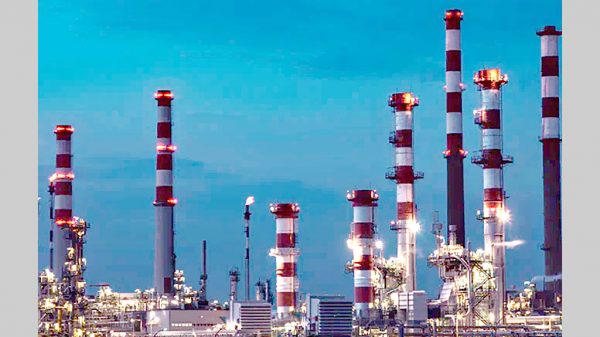




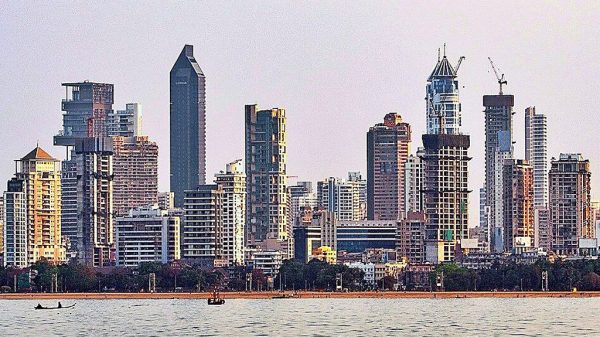

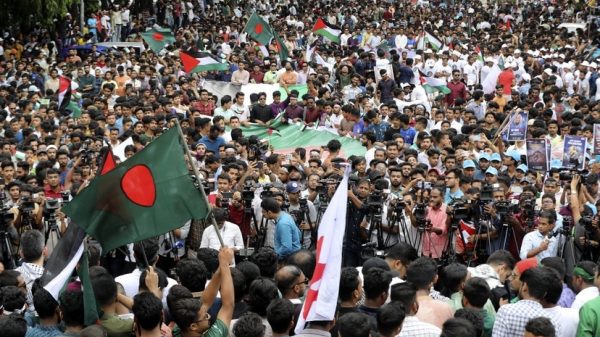




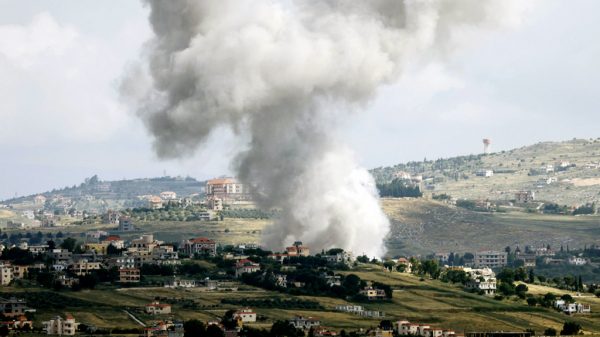














Leave a Reply